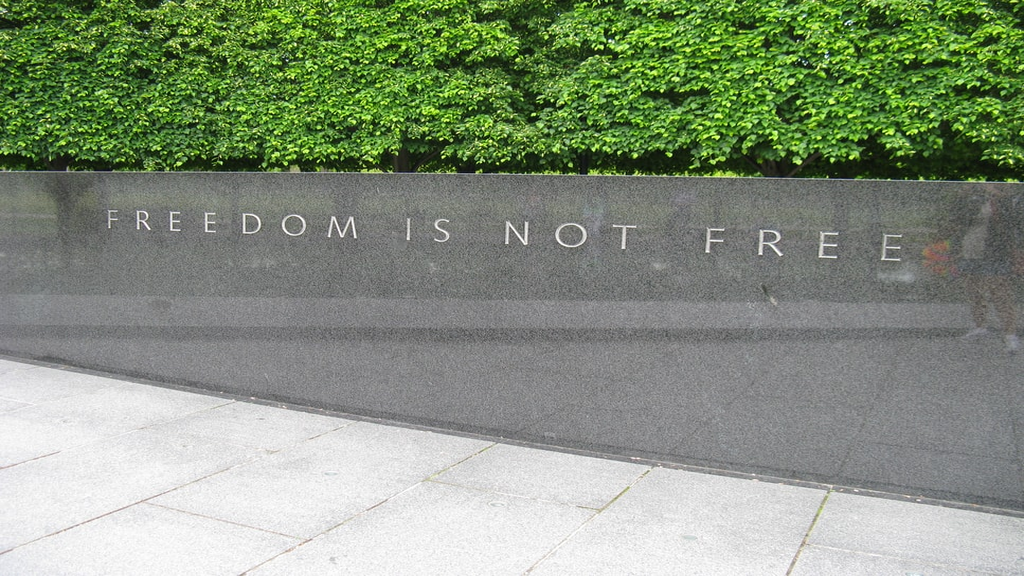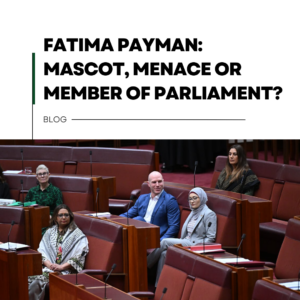At a time when there should be greater effort to promote understanding and respect for different religions, it seems that the exact opposite is happening.
In Islam, freedom of conscience, speech and religion is a right that must be given to everyone.
Islamic teachings are unique in that they emphasise that every individual has a right to conscience and that no act must involve coercion or force.
We believe that the right to differ lies at the root of all knowledge and investigation. We must strive to safeguard the right to differ, to question and to dissent. We must at the same time ensure that our differences in every sphere – whether religious, scientific, social or otherwise, should be beneficial and not destructive. Together, both individually and collectively, we must strive to deepen our consciousness of the duties we owe to each other at all levels.
In Islam, freedom of expression is held in high regard. It is only restrained where the failure to do so would result in harming the cause of truth. Restrictions on freedom of speech and expression necessarily inhibit the discovery of truth and thus degrade humanity. Speech is unseemly or evil when it is obscene, immoral or hurtful. Evil speech interferes with the discovery of truth and thus violates human dignity. Besides this restriction, Islam explains that no individual has the right to inhibit another’s freedom of expression.
“A believer does not taunt, or curse or abuse or talk indecently.”
Islam permits freedom of expression, regardless of faith.
In practice, the Holy Prophet Muhammad (peace be upon him) strongly emphasised this right.
In Islam freedom of religion is a fundamental concept. We believe, that freedom of religion not only allows for the freedom to practice one’s faith in accordance with its tenets but also the freedom from being coerced into converting to a particular religion. This concept of freedom of religion was established almost 1400 years ago by the Holy Quran and was upheld by the Holy Prophet (peace be upon him) and the early Muslims.
The support for freedom of religion and non-coercion in the Holy Qur’an is as follows:
“There should be no compulsion in religion. [2:257]“
The Holy Qur’an maintains and upholds the right to freedom of religion, including the right to change one’s religion.
Once the Holy Prophet (peace be upon him) bought a camel from a Bedouin in exchange for about 90 kilos of dried dates. When the Prophet got home, he found that the dates had all disappeared. In all honesty and simplicity, he went to the Bedouin and said quite frankly to him, ‘O man of God! I bought a camel in exchange for dried dates and I thought that I had that much dates with me but when I reached home, I discovered that I did not have that many dates.’The Bedouin said: ‘O defrauder!’The surrounding people began to tell the Bedouin off for talking to the Messenger of God in that manner but the Holy Prophet (peace be upon him) respectfully said: ‘Let him be.‘ (Musnad Ahmad bin Hanbal Vol.6 p.268 published Beirut)
This standard, whereby Islamic teachings were witnessed in practice, granting freedom of speech to an ordinary man, and ensuring he was given his due rights displayed the great forbearance of the Prophet of Islam.
If the Prophet of Islam can respect an ordinary man’s right to expression, then as Muslims how can we object or go beyond these standards set by him?
We believe that we should intensify and multiply our efforts towards the safeguarding of human rights.
We must all, individually and collectively, strive to deepen our consciousness of the duties we owe to each other at every level.





